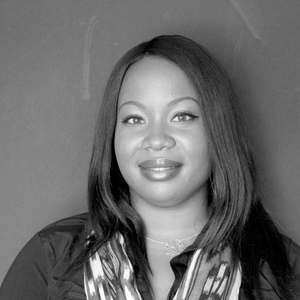Souter: Homecoming Court tradition should be adjusted for fairness, inclusivity
This week is the last opportunity to submit nominations for Homecoming Court, but before casting your ballot, consider that the time-honored tradition on campus deserves some peer review.
Homecoming at Syracuse University is an institution of redundant awarding, unchecked use of the popular vote and cis-normativity. While the tradition does hold real-world value, it needs to become more inclusive and relevant to the entire student body.
The selection process is rigorous; applicants are chosen by a Homecoming committee that reviews the resumes, past awards, scholarships, community service work, internships, jobs and campus involvement of each prospective nominee.
SU reserves the titles of Homecoming King and Queen for the cream of the academic and extracurricular crop. These students absolutely deserve to be rewarded for their successes — the problem is just that so many of them already have been. The fact that past awards and scholarships are even taken into consideration to crown a Homecoming court shows this vetting system is flawed.
The crowning of Homecoming royalty overlaps with other major awards the university gives out, including the Orange Spirit Award, Senior Class Marshals and Remembrance Scholars. Each one of these honors rewards students for their academic prowess, devotion to community service and leadership within the SU population.
For these reasons, Homecoming is a missed opportunity to recognize students with other worthy attributes, like perseverance in overcoming personal or physical obstacles. Acknowledging some of SU’s student veterans would be an excellent alternative to the current redundant system.
The final selections of King and Queen are made by popular vote. ‘Popular’ is the operative word here; it is not enough to be an excellent student devoted to the SU community, to win you also have to be well-liked and widely-known.
“I thought I did the most campaigning so I was surprised when I didn’t win,” said Danielle McCoy ‘13, Court member and runner-up to the Queen. “To be honest, I think being African American counted against me, because although I knew a lot of students outside of my race, I did not know enough to get me to win.”
The popular vote favors candidates who are members of large student organizations, like a fraternity or sorority, who have a captive audience they can campaign to.
Despite the emphasis on popularity, Homecoming is not a frivolous honor. Karen McGee, assistant dean for student affairs in the S.I. Newhouse School of Public Communications and an advisor in the school’s Career Development Center, said the title on a resume would pique her interest.
“I do think at the college level, it still is about how many people you know but there tends to be less focus on the superficial and more on involvement and accomplishments,” McGee said.
As a university, SU should strive to give all students the opportunity to earn significant resume-builders. Unfortunately, the exhaustive list of prerequisites to the application makes no mention of gender identification, or any potential exceptions to the gender binary roles of King and Queen.
It appears that Orange Central Royalty hopefuls who don’t align with SU’s gender restrictive terms will not be represented as the gender — or lack thereof — they identify with. Online records of previous Homecoming Courts show that there have never been any openly transgender winners, a “challenge” high school homecomings and proms across the country have managed to overcome.
Homecoming at SU is a tradition and honor that can be improved. The establishment of a polling place on campus may reduce student participation, but ultimately result in a more honest vote, making the winners more representative of the SU community.
Zhané Souter is a senior broadcast journalism major and forensic science minor. Her column appears weekly. She can be reached at zisouter@syr.edu and followed on Twitter @zhanesouter.
Published on September 29, 2015 at 10:54 pm






